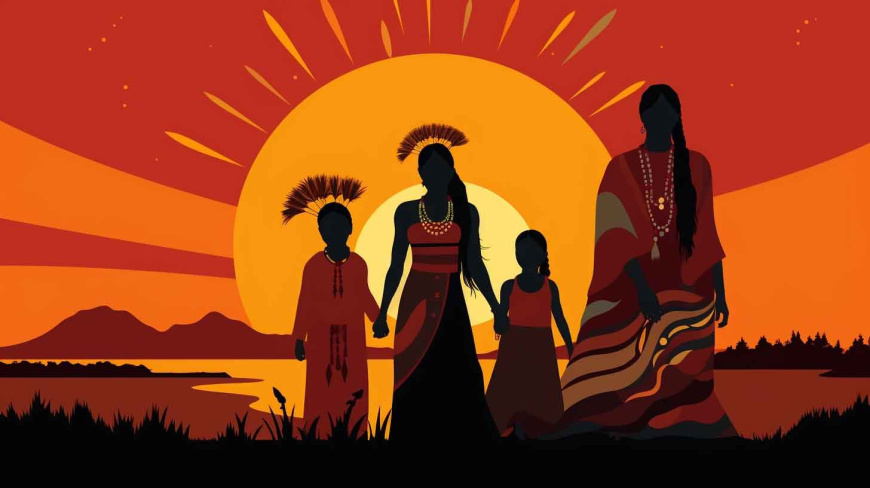
 back to all news
back to all news
National Climate Assessment: U-M expert can discuss impacts on Indigenous peoples, environmental justice

Contact: Jim Erickson
EXPERT ADVISORY
University of Michigan School for Environment and Sustainability (SEAS) environmental justice scholar Kyle Whyte, an enrolled member of the Citizen Potawatomi Nation, is the Chapter Lead Author of the Fifth National Climate Assessment (NCA5) “Tribes and Indigenous Peoples” chapter and an author of the “Environmental Justice” chapter.
NCA5 was released today by the U.S. government. These periodic national assessments are considered the preeminent source of climate information for the country, assessing the science of climate change, its impacts, and the nation’s options for reducing present and future risk.
Whyte, who is the George Willis Pack Professor SEAS, says that this is a historic moment because, although Indigenous peoples have been substantively involved in national and international climate assessments for decades, this is the first time that a chapter was majority Indigenous in authorship.
“Indigenous involvement in the NCA has a long legacy, going back to the 1990s. We have fought for years to elevate our voices and knowledge in the NCA. I am so excited that this year’s chapter is authored by a majority of Indigenous scientists, including some of the most dynamic early-career scholars I have had the privilege to work with,” Whyte said.
“For the last six decades, the Indigenous peoples’ movement to address climate and energy issues has generated new knowledge of the severity of environmental risks and the solutions for fostering a sustainable and ethical world. The new ‘Tribes and Indigenous Peoples’ chapter reflects this accumulated knowledge.”
Whyte says that the chapter clearly articulates why Indigenous peoples face greater risks than other populations from climate change and describes the rationale behind the measures they are taking to take action.
Whyte can be reached at [email protected].

